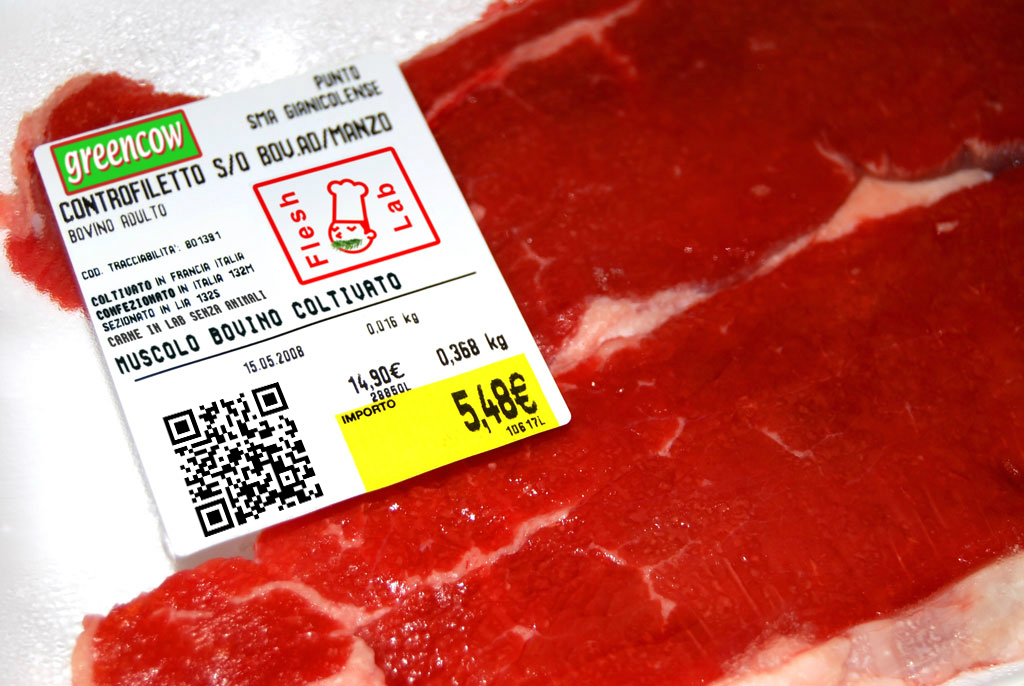What is Lab-Grown Meat?
Lab grown meat was a fantasy first introduced around the 1990’s. However, it became popular in 2013 after it was revealed that the first artificial burger was created only using cattle stem cells. This burger was introduced at a London news conference, and cost approximately 332,000 dollars to make. Newly introduced meat that is grown in a lab comes from the stem cells of animal muscles, and they add those cells to an animal serum to keep it growing. After more technology was produced, and it became slightly cheaper to make, the large corporations told us that it would be a way to save world hunger, along with reducing the carbon footprint compared to the agriculture we’ve used since the dawn of time. Recently, we’ve learned some new information about this topic that makes us wonder if we can trust it.
Wrongs that have been written.
Contrary to popular belief, these lab grown meat products have actually been proven to add more carbon emissions to the earth than the industrial food corporations according to a study made at the University of California, Davis. They express that it is not inherently better for the environment. University of California’s scientists also determined that the carbon emissions of lab-grown meat are “four to 25 times greater than the average retail beef.” If you are an environmentally conscious person, you should not spend your money on this so-called meat.
According to an in-depth report by The Counter, one pound of cultivated meat is approximately $17 to grow, $40 at your grocery store, and here’s the kicker, $100 for a quarter pounder at a restaurant. This is in part due to the fact that animal cells have to be cultivated in amino acids, which are extremely expensive to artificially cultivate. This fact invalidates the idea that lab grown meat could end world hunger.
Is this food Nutritional or Safe to eat?
The FDA has approved Lab-Grown meat to be produced in the United States, and has stated it to be safe to eat for consumers. However, just because something is edible, does that mean it’s necessarily safe for your body? Does the FDA approval really mean safe? A PubMed Central study on the FDA delves into this topic:
The agency’s lack of access to information on the toxicity and exposure of chemicals extends beyond GRAS [Generally Recognized As Safe] substances. Consider the following example: for chemicals purposely added to food such as flavors, preservatives, and sweeteners, the FDA recommends the industry perform a month-long feeding study in laboratory animals. Yet less than 22% of almost 4,000 chemicals have sufficient data to estimate how much is safe to eat, and less than 7% were tested for developmental or reproductive effects. The paucity of information is astonishing. (Maffini, et al.)
This study shows that the FDA is not adequately researching the safety of their products.On top of that, many harmful additives have been approved by the FDA; in an article done by Greta Garland at Denison University, it is revealed that many harmful additives are hidden in our food. A few examples of these additives are: partially hydrogenated oils, caramel coloring, RBGH in dairy, and flame retardants such as brominated vegetable oil. All of these additives have been banned in many other countries, and have been linked to many health issues such as: endocrine disruption, reproductive issues, and even increased risk of heart disease and cancer, and many more. (Garland) The FDA’s clear lack of thoroughness in their research makes it hard to trust the agency as a valid source. Another thing to note is that the main ingredients in the animal serum used to allow the muscle cells to grow, are highly refined and purified growth media. These are also used mainly in pharmaceuticals, which begs the question, is lab-grown meat a pharmaceutical product or a food product? Go ahead and ask yourself that question and ponder whether or no you’d like to eat it.
Conclusion
As the possibility of lab-grown meat replacing beef in our day to day life increases, we have to ask the hard questions such as will it really be sustainable, will it really decrease world hunger, and will it really be safe to eat? Cultivated meat is not only extremely costly, it has been proven to produce more carbon emissions than our natural retail beef, along with undefined ingredients and the longevity of its benefits if any at all. Now that you know all of these facts, make the decision for yourself. Do you really want to be eating and paying for lab-grown meat instead of real beef?
































